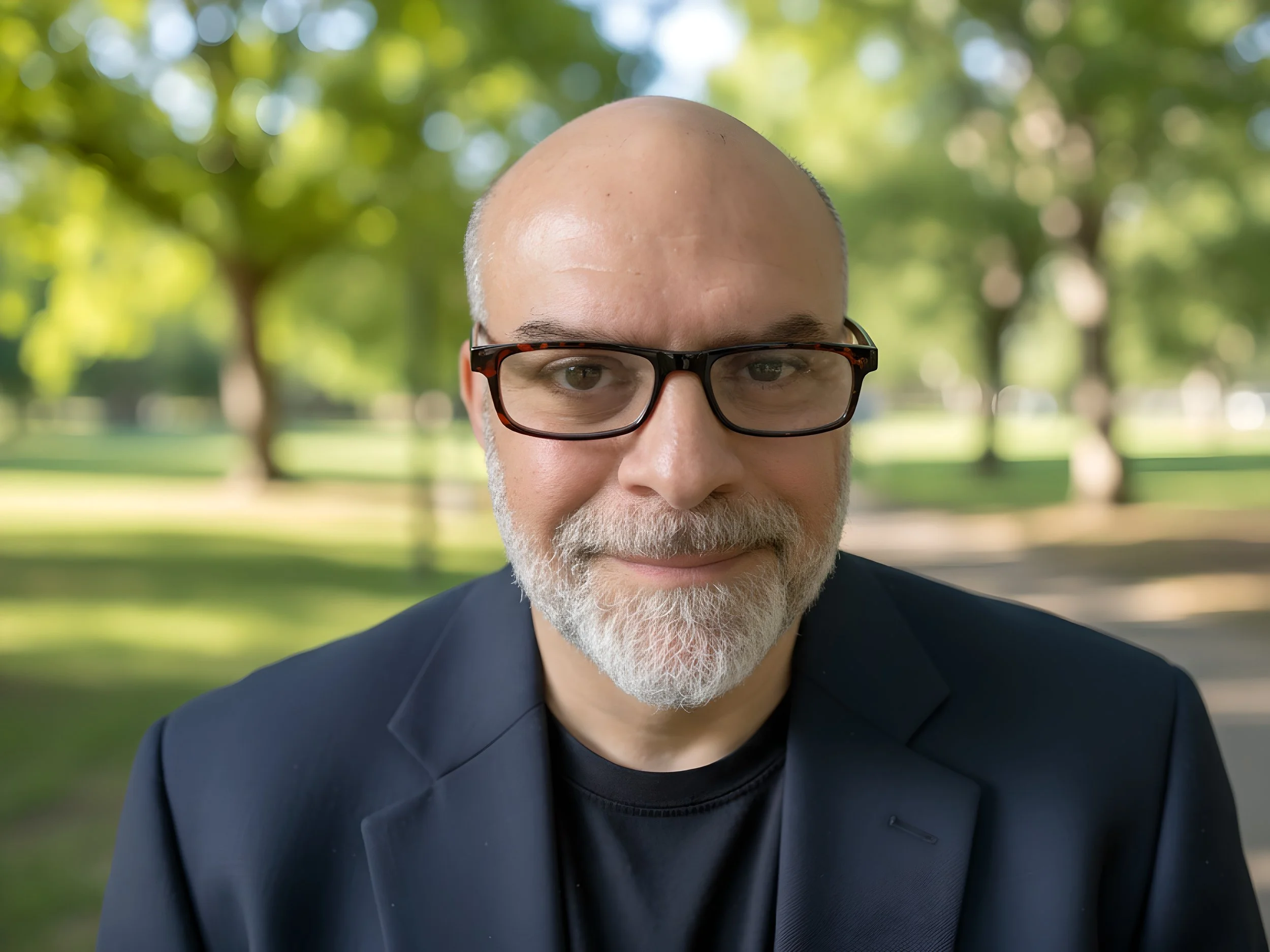My Journey with ADHD: A Life Unfolding
My journey with ADHD began in 2011, while I was working as a psychiatric associate specialist in a community mental health team in Newham, London. At the time, I was 36 and functioning well on the surface—but privately, I struggled with structure, relationships, and timekeeping. I often gravitated toward stimulation and novelty, rather than consistency and routine.
Looking back, the signs were obvious. I had what we now recognise as an unrecognised ADHD profile: an active mind seeking freedom from rigid systems, craving creativity and energy. Ironically, I was working within mental health services—treating patients with complex conditions such as psychosis, schizophrenia, bipolar disorder, and personality disorders—yet my own neurodivergence had never been identified.
Then, in 2011, I came across a notice in the British Journal of Psychiatry for a UKAAN conference on adult ADHD. It was the first time I’d seen adult ADHD acknowledged formally in a medical setting. I attended out of curiosity—and left with a powerful realisation: I had ADHD. That realisation was followed, predictably, by denial. Surely not me. I’m a doctor. I’ve done well. I don’t need a label.
But over time, patterns became impossible to ignore—disorganisation, restlessness, inconsistent performance, and difficulty regulating emotion. I was eventually diagnosed with ADHD as an adult. Starting treatment was transformative. It felt like regaining access to a part of myself that had long been muted. I could follow through, stay grounded, and trust myself in a way I hadn’t before. For the first time, adult life felt coherent.
The Birth of Neurohaven
Neurohaven emerged from lived experience. Like many professionals with ADHD, I found it hard to access reliable, relevant information. Despite my medical background, I still faced confusion, stigma, and setbacks.
At its core, Neurohaven is a response to that gap—a platform designed to support creative, neurodivergent individuals navigating the complexities of adulthood. It exists to demystify neurodevelopmental conditions, provide credible information, and foster a space where difference is not just acknowledged but celebrated.
Why Awareness Still Lags Behind
Society hasn’t caught up with the science. ADHD in women, for example, remains significantly underdiagnosed. Female presentations often involve inattentiveness and internalised coping—traits historically overlooked in diagnostic criteria shaped by studies of hyperactive young boys. As a result, countless women are misdiagnosed with anxiety, depression, or told they’re just “too sensitive.”
Even now, adult ADHD awareness remains limited. While prevalence estimates have increased over the years—from 2.5% to 5%, and now possibly 6.5% or higher—many adults remain undiagnosed. When we include co-occurring conditions like autism and dyslexia, global estimates suggest that as much as 20% of the population may be living with a neurodevelopmental condition.
Yet most don’t even know.
A Broader Mission
ADHD is not a disorder in the traditional sense—it’s a different way of experiencing the world. But when unrecognised, it can cause major disruption: emotional dysregulation, impulsivity, executive dysfunction, social conflict. For men, this can be interpreted as volatility or instability. For women, it's often invisibility—feeling unheard, dismissed, or misunderstood by healthcare systems.
This isn’t about individual failure. It’s a systemic issue. Medical training still fails to equip professionals to recognise neurodivergence in adults—especially in women, ethnic minorities, and high-functioning professionals. The result is late diagnosis, mislabelling, or years of unnecessary struggle.
Neurohaven Is the Answer I Didn’t Have
That’s why Neurohaven exists.
To challenge outdated narratives.
To offer clarity where there was once confusion.
To provide support to those who don’t see themselves in the current system.
For those navigating the world with a different operating system—Neurohaven is here for you.
This is my story.
And this is why I created it.
— Alan

